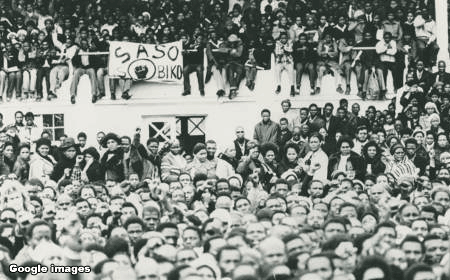(Continued and concluded from last weekend’s issue of Amandala)
That anger, perhaps somewhat ameliorated by the expectations of demobilization and their return to Belize, was reactivated on the long journey home by the so-called “Incident at Taranto.” That incident which was brought to light by C.L. Joseph and W.F. Elkins and is in need of further investigation – involved the revolt of some 50-60 members of the 9th Battalion of the British West Indies Regiment at the British Army transit camp at Cimino near Taranto in Italy in December 1918. Apparently, on December 6th members of the 9th Battalion, exasperated by weeks of discrimination in the camps, canteens and cinemas, humiliating fatigue duties and the overbearing arrogance of the South African camp commandant, attacked their officers and severely assaulted their unit commander. The revolt, once instigated, continued for several days – men refused to work, a shooting and a bombing took place and a generally insubordinate spirit prevailed. That spirit was only dissipated by the dispatch to Taranto of a white battalion and Machine Gun Company, the arrest and long imprisonment of the mutineers, the disbandment of the 9th Battalion and the subsequent disarming of all British West Indies Regiment battalions. Consequently when the 1st and 2nd Battalions arrived at Cimino in May 1919 their members found themselves confined to camp, kept strictly segregated in their own quarters and were generally treated with hostility and suspicion by the camp commandant.
The reasons for the authorities’ hostility could hardly have gone unexplained to the members of the Belize Contingents and there must have been considerable clandestine discussion of the events of the previous December. Indeed it may be that during this time at Taranto that the “plot” to stage a coup d’etat in Belize was first formulated (if such a plot ever existed) and that it was there that some Belizean NGOs joined the so-called “Caribbean League.” This association, which was quickly suppressed after its discovery by the military authorities, expressed black aspirations for self-determination and did not shrink from the use of force.
While there is no hard evidence, at the moment, to link any of the Belize soldiery with this association, there can be no doubt that its aims and objectives were viewed sympathetically by the members of the various West Indian contingents whose war service had brought them face to face with blatant white racism. In 1915 no more loyal subjects of the King Emperor could be found among the members of the Empire contingents – three years of humiliation, discrimination and degradation had reversed those loyalties – in 1919 there were many in the Belize Contingents who abhorred everything the Monarch and his Empire represented.
To be continued

